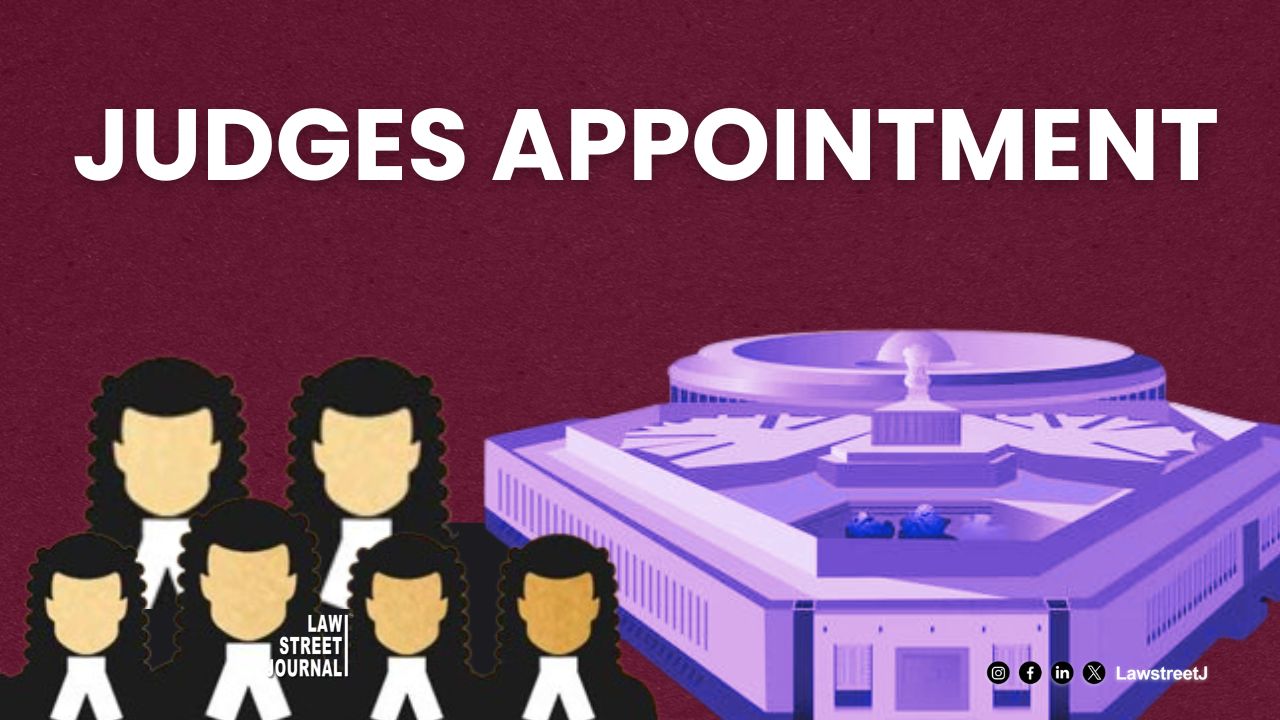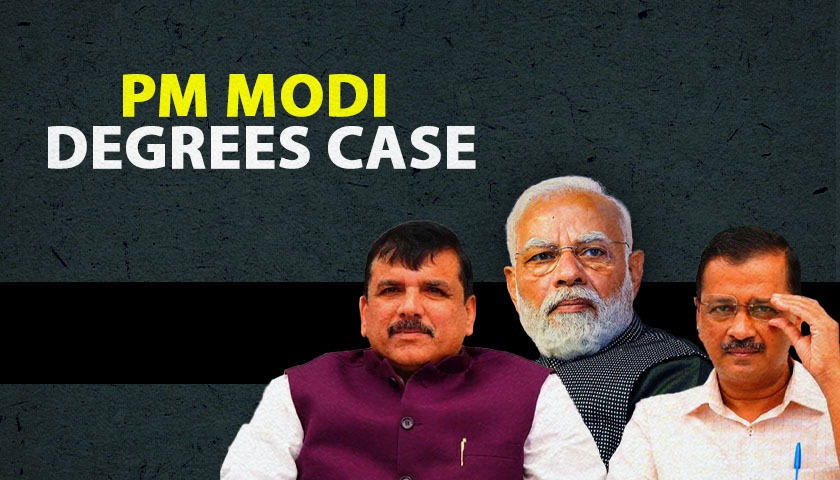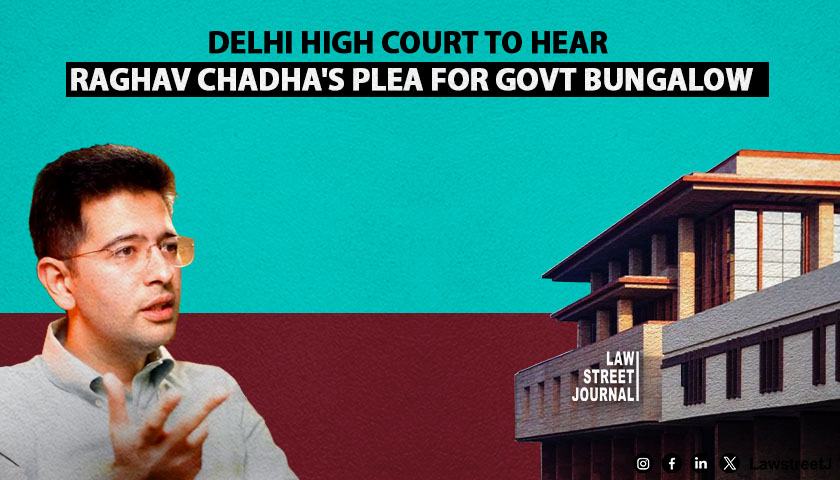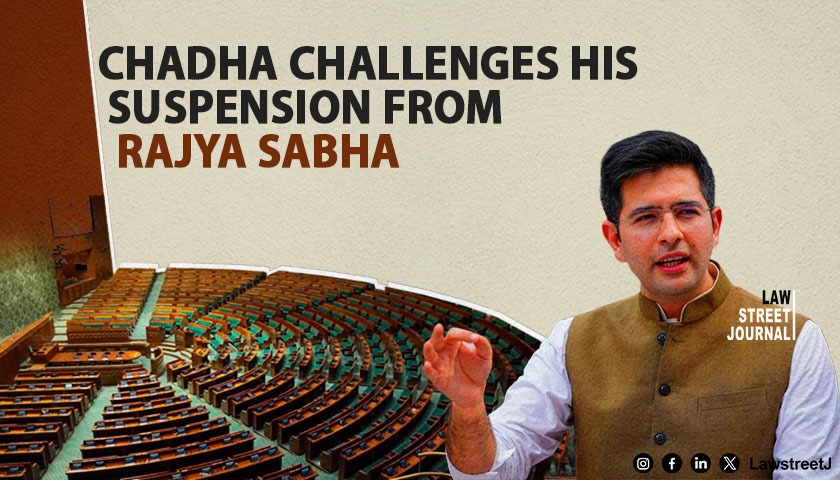NEW DELHI: The Law Ministry on Thursday informed the Rajya Sabha that out of the 650 judges appointed across various High Courts over the past six years, a mere 3.54% (23 individuals) were from the SC category, 1.54% (10 individuals) from ST, 11.7% (76 individuals) from OBC Category, and 5.54% (36 individuals) from minority communities.
On the contrary, as many as 75.7% (492 individuals) hailed from the General Category.
The Ministry gave the information in response to a question by MP John Brittas.
The answer also acknowledged a lack of available data on the category/castes of 13 High Court judges appointed during this period. It was revealed that the government does not possess category-wise data on Supreme Court Judges.
The answer also disclosed that the representation of women judges in High Courts stood at 14.1%, accounting for 111 women judges out of 790 currently working judges.
The maximum number of women judges in Punjab and Haryana High Court is 15, followed by the Madras High Court with 12 judges and Bombay High Court with 11 judges.
In Supreme Court, there are three women judges thereby making a meagre representation of 8.82% of the current strength.
The government said in present system of appointment of judges to the constitutional courts through the Collegium system, the onus to provide social diversity and representation to all sections of the society including SC/ST/OBC/Women/Minorities primarily fell on the Judiciary.
As per the Memorandum of Procedure, initiation of a proposal for appointment of judges in the Supreme Court vests with the Chief Justice of India, while initiation of a proposal for appointment of Judges in the High Courts vests with the Chief Justice of the concerned High Court. All the names recommended by High Court Collegium are sent with the views of the Government to the Supreme Court Collegium (SCC) for advice. Government appoints only those as recommended by the High Court Collegium/Supreme Court Collegium.
The Memorandum of Procedure was under finalisation by the Government in consultation with the Supreme Court Collegium in view of Supreme Court judgment of WP(C) 13 of 2015 in NJAC matter dated 16-12-2015.
In the draft MoP for appointment of judges in the High Court, it was agreed by the Supreme Court that Merit and integrity shall be the prime criteria for appointment of a judge in the High Court. As far as possible, representation shall be given to women and marginalized sections of society. However, in case of judicial officers, due weightage shall also be given to their inter-se seniority.
The government also said it has by a letter of August 18, 2021 and January 06, 2023 made more suggestions for improving the MoP and requested the Supreme Court to expedite finalisation of MoP for making the system of appointment to the Constitutional Courts more transparent, fair, representative and acceptable.
"The views of the Supreme Court on draft MoP are awaited," it said.







![Delhi Court Grants Permission to Evict AAP MP Raghav Chadha from Type 7 Government Bungalow [Read Order]](/secure/uploads/2023/10/lj_2396_AAP_MP_Raghav_Chadha_to_lose_govt_bungalow.jpg)






